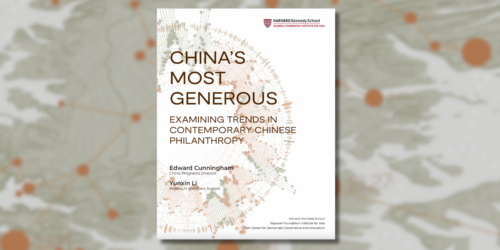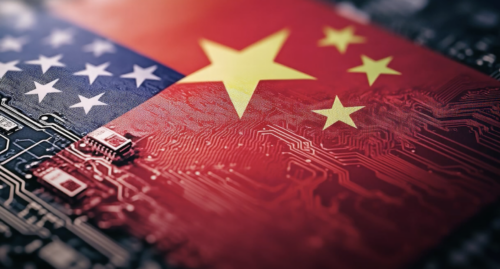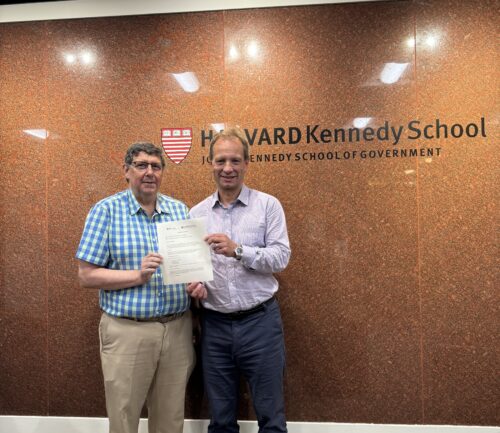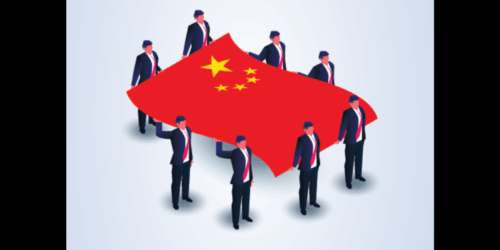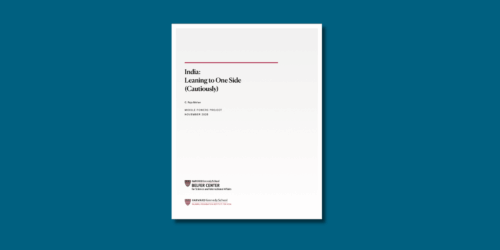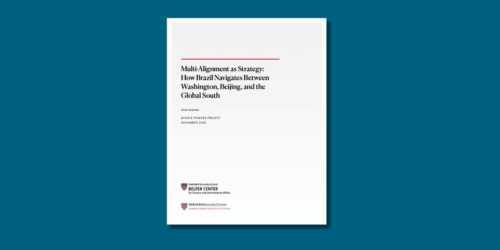So, how did we end up here? How did support for liberalism give way to support for authoritarianism? While propaganda and censorship have played an important role, they alone cannot fully explain the dramatic change in public opinion in recent years. After all, people’s desire for democracy had survived and thrived in China since the late Qing Dynasty, despite persistent political control. Even at the beginning of the COVID-19 pandemic, when China tightened state control, the world still witnessed unprecedented public outcries and firm demands for free speech and transparency. Since then, however, while state control has largely remained constant, the Chinese public has switched to enthusiastically supporting their government as they learned more about pandemic conditions outside of China.
In fact, the shift in Chinese public opinion during COVID-19 mirrors the long-term change in Chinese popular discourse in the 2010s. Research points to the Chinese people’s disillusions with the West, especially the U.S., as a major reason behind this trend. Chinese people used to have overly rosy view of America. Yet, as internet usage has increased, so too has the Chinese public’s exposure to America’s far-from-perfect realities. This has sowed doubt and disappointment as people’s images of the lighthouse of democracy have been challenged by issues such as the Jeffery Epstein scandal, the Capitol attack, COVID-19 response failures, and rising anti-AAPI hate crimes.
For many Chinese, learning about the political realities abroad has led to a reevaluation of the political realities at home. The flaws and contradictions of the government have now become more tolerable in their eyes. They think, “If other countries, especially those that were supposed to be much better than my country, are in fact experiencing crises, delivering worse governance, and showing me distrust and hostility, why would I be so demanding about my own government?”
This popular perception helps strengthen the legitimacy of the Chinese regime. While this may not necessarily guarantee the regime’s long-term security – it puts tremendous pressure on the government to keep outperforming its Western counterparts – it effectively undermines people’s confidence in liberal democracy. As long as the Chinese public perceives the West as inefficient yet hostile, domestic support for the CCP will continue to rise.
In this context, calling the pandemic the “China virus,” arresting Chinese scientists, and fostering widespread distrust and hostility toward the Chinese and Chinese-American population does everything but rebuild the Chinese people’s faith in liberal democracy. Hence, moving forward, the CCP will likely benefit from bipartisan anti-China rhetoric and Cold War nostalgia. On the contrary, it will be more difficult to solidify popular support for authoritarianism if liberal democracy is redeemed and can show the world what it is better at: openness, transparency, and respecting and protecting citizens, no matter who they are. As the world becomes ever more connected, how liberal values manifest across the globe – or don’t – in the coming years will be one of the defining factors in how public opinion shifts in China.


